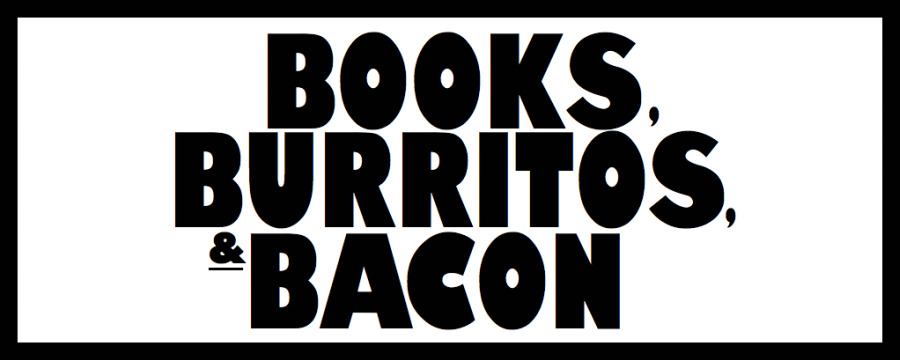Saturday, October 17, 2009
This is Water by David Foster Wallace
What I enjoy most about David Foster Wallace’s work isn’t the idiosyncratic intellect—the cleverness of the stuff—although, for me, that’s what initially made him such an attractive writer. I remember reading “Brief Interviews with Hideous Men” and thinking here’s a guy who knows what’s up, who understands all of the weirdness floating around in my skull, who can articulate it perfectly, comically. He did things structurally that I didn’t know you were allowed to do in short fiction and that opened up a whole world of possibilities for me. I was invigorated. I wanted to read more David Foster Wallace. I wanted to read writers who were like David Foster Wallace. I wanted to write like David Foster Wallace, have other people read what I’d written and say, “Wow, here’s a girl who really knows what’s up.”
After news of his suicide broke, I couldn’t look at his work in terms of how cool and inventive it was anymore, at least not solely in those terms. It was like a coming of age moment for me, the event that sparks a change in our protagonist’s perception of the world around her. Innocence null and void.
It was impossible for me to separate him from his writing. I was reading his fiction as if it were autobiography. Every character—female or male, named or unnamed—was David Foster Wallace to me and I couldn’t help but see hints of his tragic fate; “The Depressed Person,” which is about suicide, seemed like heavy-handed foreshadowing. I’m sure I’m not the only one who experienced something like this, though, I haven’t discussed it with anyone—I wasn’t purposely looking for clues of his depression in his writing but still there’s something perverse about the act, something shameful about it.
Then I read this article about him in Rollingstone, an article that I was compelled to save. It was ostensibly a portrait of a man with a mental illness, describing his depression, anxiety, and years long struggle to find a prescription medication that worked for him. But it also provided me with some insight into the real David Foster Wallace— what those closest to him knew to be true—not the version of him that I had pieced together by reading his stories.
David Foster Wallace was decent and kind, adored by his friends, family, and students. And he, in turn, adored all of them. After reading the article I wished that I had been in one of his creative writing classes, not because he was this celebrated, ultra-brilliant talent, but because he seemed like he was a good person. So this article, yet again, changed the way I viewed David Foster Wallace’s work. Now it’s impossible for me to ignore the sensitivity of it and that’s what I enjoy most.
This is Water: Some Thoughts, Delivered on a Significant Occasion about Living a Compassionate Life is a teeny pocket-sized hardcover, each page contains no more than four or five sentences, and it costs way more than it probably should ($14.99). It begins with the following brief publisher’s preamble:
David Foster Wallace was invited to speak to the 2005 graduating class of Kenyon College on a subject of his choosing. It was the only such address he ever made.
If Little, Brown were being one hundred percent honest with us, the last sentence would probably read:
It was the only such address he ever made, he’s dead now, which means this is a collector’s item, so Canadians fork over seventeen of your Canadian dollars.
It may seem like I’m bitching (because I am) but really the price of the book (and the implicit exploitation of true tragedy) is its solitary defect.
I graduated from college in 2005 and wish that I would have heard this speech at my commencement. (Instead I had to listen to John McCain surreptitiously lay out his political platform.) This is Water is essentially a simple, humorous, effective argument against solipsism. When my best friend graduated from the University of Chicago a couple of years ago, her commencement speaker more or less told them that their degrees made them better than everyone else, that their education had prepared them for life. The best part about this teeny, tiny book is that it’s saying the exact opposite. It’s a scary thought, but it’s true. We have no way of knowing how this life thing will play out and I don’t know if this is a horrible thought but the fact that David Foster Wallace committed suicide may mark this commencement speech as one of the few that wasn’t complete BS.
This is a book that you should read and then pass on to a friend not only because it’s great but because no one will ever have to pay $14.99 or $16.99 (Canadian) for it again.


